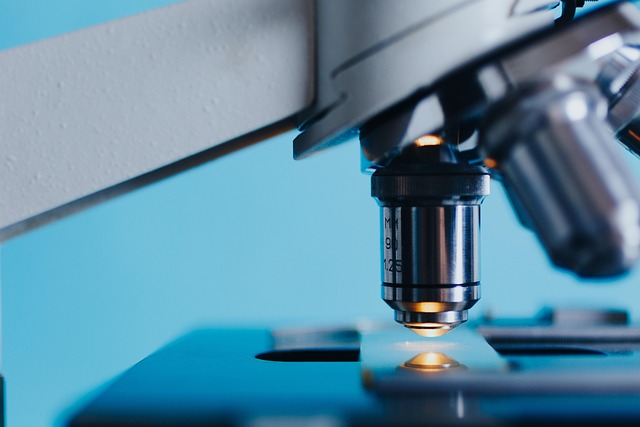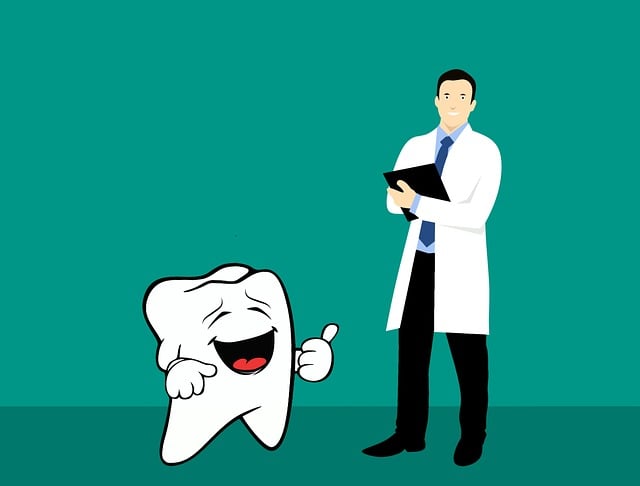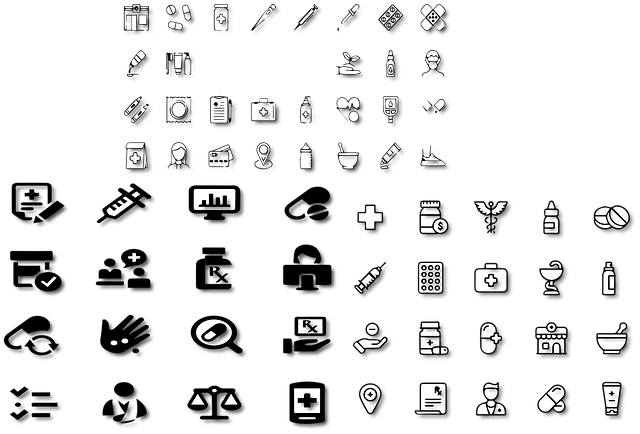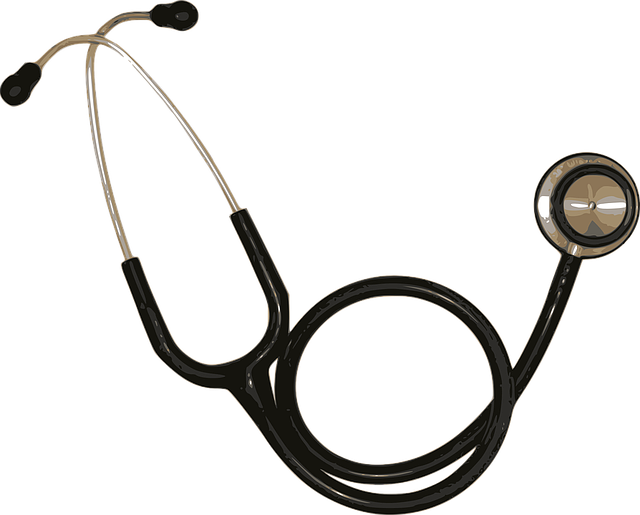Regenerative diagnostic services are revolutionizing healthcare in the digital age through advanced technologies like artificial intelligence (AI), molecular diagnostics, and imaging. These tools enhance treatment accuracy by enabling early disease detection, personalized care based on genetic profiles, and improved clinical decision-making. Implementation results in quicker treatment starts, better patient outcomes, lower costs, and enhanced communication among healthcare professionals. Success stories from hospitals adopting these technologies highlight their significant role in modern healthcare. The future holds transformative advancements with AI and machine learning for more accurate diagnoses and personalized treatments, along with next-generation sequencing and advanced imaging techniques powered by AI.
In today’s digital era, healthcare is undergoing a transformative shift towards precision medicine. To improve treatment accuracy, advanced diagnostic tools are revolutionizing patient care. This comprehensive guide explores the growing role of regenerative diagnostic services in modern healthcare. We delve into their numerous benefits, key tools, and successful implementations through case studies. Additionally, we preview future trends, highlighting innovations that promise to further enhance treatment outcomes for patients worldwide.
- Understanding the Role of Advanced Diagnostics in Modern Healthcare
- The Benefits of Implementing Regenerative Diagnostic Services
- Key Tools for Enhancing Treatment Accuracy: A Comprehensive Overview
- Case Studies: Successful Implementation of Advanced Diagnostics
- Future Trends and Innovations in Regenerative Diagnostic Services
Understanding the Role of Advanced Diagnostics in Modern Healthcare

In today’s digital era, advanced diagnostic tools are revolutionizing healthcare by significantly improving treatment accuracy and patient outcomes. These cutting-edge technologies go beyond conventional methods, offering healthcare professionals a deeper understanding of patients’ conditions. By leveraging regenerative diagnostic services, medical experts can now detect diseases at early stages, which is crucial for effective treatment.
With the help of advanced diagnostics, physicians are better equipped to navigate complex health landscapes. This enables them to make more informed decisions, tailor treatments to individual needs, and ultimately foster better patient care. As these tools continue to evolve, they promise to enhance healthcare accessibility and quality worldwide.
The Benefits of Implementing Regenerative Diagnostic Services

Implementing regenerative diagnostic services offers a myriad of benefits for healthcare providers and patients alike. By harnessing advanced technologies, such as artificial intelligence and molecular diagnostics, these services enable more accurate and timely diagnoses. This results in faster treatment initiation, improved patient outcomes, and reduced healthcare costs.
Regenerative diagnostic services also enhance clinical decision-making by providing comprehensive insights into a patient’s condition. They allow for personalized treatment plans tailored to individual genetic profiles, effectively targeting specific diseases and improving overall therapeutic efficacy. Moreover, these services foster better communication between healthcare professionals, leading to coordinated care and improved patient satisfaction.
Key Tools for Enhancing Treatment Accuracy: A Comprehensive Overview

In today’s digital era, advanced diagnostic tools are revolutionizing healthcare by significantly improving treatment accuracy. Key tools in this regard include artificial intelligence (AI), advanced imaging technologies like magnetic resonance imaging (MRI) and computed tomography (CT), and innovative genetic testing methods. AI algorithms can analyze vast amounts of medical data to identify patterns and assist in making more precise diagnoses, reducing the margin for human error.
Regenerative diagnostic services, powered by these cutting-edge tools, offer a comprehensive approach to patient care. Advanced imaging provides detailed insights into bodily structures, enabling healthcare professionals to detect even subtle abnormalities that might be overlooked with conventional methods. Genetic testing uncovers genetic predispositions and variations, allowing for personalized treatment plans tailored to individual needs. This holistic integration of regenerative diagnostic services ensures more effective and targeted interventions, ultimately enhancing patient outcomes.
Case Studies: Successful Implementation of Advanced Diagnostics

In recent years, numerous healthcare facilities have successfully leveraged advanced diagnostic tools to enhance treatment accuracy and patient outcomes. These case studies highlight the transformative power of regenerative diagnostic services in various medical specialties. For instance, a leading hospital implemented a state-of-the-art molecular imaging system to detect early-stage cancer metastases, allowing for more precise staging and personalized treatment plans. This innovative approach has led to improved survival rates and better quality of life for patients.
Another notable example involves a clinic utilizing advanced genetic testing to identify rare genetic disorders in infants. By employing next-generation sequencing technologies, healthcare providers can now diagnose conditions that were once challenging to detect. This early identification enables timely intervention and access to specialized regenerative therapies, ultimately improving long-term patient outcomes and reducing the burden on families. These successful implementations underscore the value of advanced diagnostics in modern healthcare, setting a benchmark for enhanced treatment accuracy and patient care.
Future Trends and Innovations in Regenerative Diagnostic Services

The future of healthcare holds immense potential for regenerative diagnostic services, pushing the boundaries of traditional medicine. With advancements in technology, we can expect a surge in innovative tools that enhance accuracy and efficiency. One such trend is the integration of artificial intelligence (AI) and machine learning algorithms into diagnostic processes. These intelligent systems can analyze vast amounts of patient data, including medical images, genetic information, and electronic health records, to provide more precise diagnoses and personalized treatment plans. This shift towards AI-driven diagnostics promises faster results and improved outcomes for patients.
Furthermore, the development of next-generation sequencing (NGS) technologies will play a pivotal role in regenerative medicine. NGS allows for comprehensive genomic analysis, enabling healthcare professionals to identify specific genetic variations and mutations associated with diseases. By understanding these genetic markers better, doctors can offer more targeted and effective treatments. Additionally, the combination of advanced imaging techniques like magnetic resonance imaging (MRI) and computed tomography (CT) scans with AI-based image analysis will lead to early disease detection and precise localization, crucial for successful regenerative therapies.
Advanced diagnostics play a pivotal role in modern healthcare, offering unprecedented accuracy and improved patient outcomes. The implementation of regenerative diagnostic services has proven to be a game-changer, providing healthcare professionals with powerful tools to enhance treatment effectiveness. By leveraging cutting-edge technologies and comprehensive approaches, these services enable more precise diagnoses, ultimately leading to better patient care. As we look ahead, the future of regenerative diagnostics promises even greater advancements, further revolutionizing how we approach healthcare.
